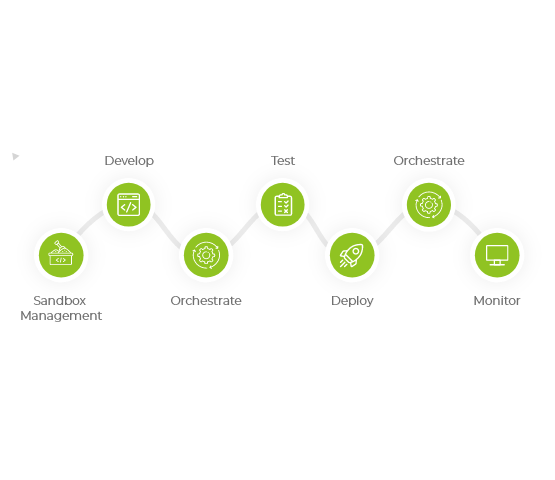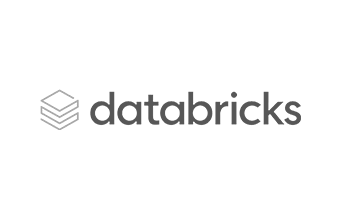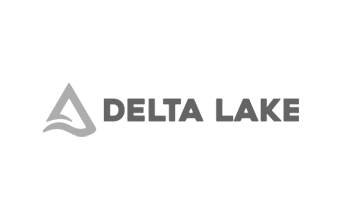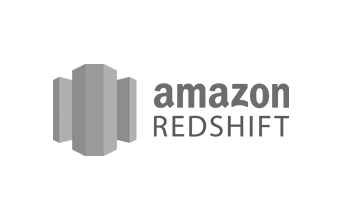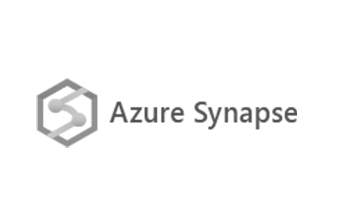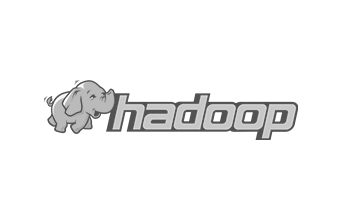The need of today’s organizations is to have data-driven culture in place to promote collaborative work environment for employees. Access to high-quality, streamlined data helps the firms take key decisions pertaining to innovation and business expansion, which is possible with effective use of modern data engineering services and solutions.
With the use of automated and documented pipelines, organizations get actionable insights that help them employ data as a tool to transform and grow. Build trust all across your organization and among your stakeholders with quick redressal of every data quality issue.
Enterprise Data Lakes And Data Warehouse Services
A data lake refers to a sizable collection of unprocessed data, the use of which is currently unknown, data warehouse, on the other hand, helps you store data that has already been processed for a particular purpose and is structured and filtered.
- Design and enhance organizational-wide or project-specific data management systems and procedures.
- Increased business intelligence as data warehousing can help you process data from any source.
- Quick access to more consistent, reliable and accurate data which saves them from using replicated data.
- Huge amount of time-saving with routine data integrations processes.
- 24/7 technical support for troubleshooting and quick data retrieval.
- Increased business intelligence, faster response time and accurately processed data, with increased revenues.
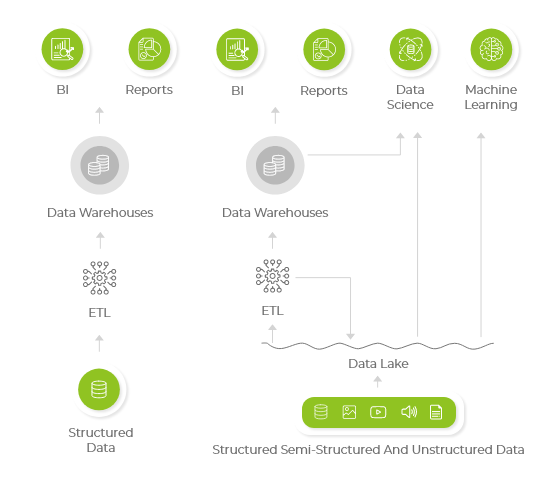
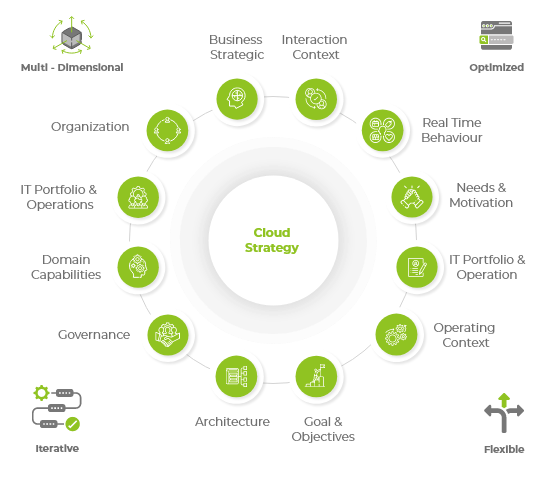
Cloud Data Strategy And Planning
Data is regarded as the most valuable asset and the core performance metrics of a business can be significantly improved with its management. Our experts can help you identify unique time-saving capabilities which are in sync with your data management strategy.
- Intake data at any speed with the help of pre-built pipeline components that allows you to connect thousands of data sources in a jiffy.
- Use the elasticity of the cloud to your advantage and execute serverless processing for complicated B2B mapping, data masking, machine learning, and data quality adjustments.
- Spend less money by moving more data with less bandwidth thanks to deduplication and compression.
- Recover useful data quickly and precisely and also backup all of your cloud data, such as databases, virtual machines, emails, blobs, and cloud apps.
- Obtain global flexibility as it is easy to transfer backups to a different location, another cloud, or your own server.
Cloud DevOps
DevOps is a software engineering methodology that is appropriate for cloud computing. Our Intellectyx developers work together with IT operations and quality control, security and other teams to develop and operate cloud-based applications and services.
Better efficiency due to the use of virtualization and containerization in the cloud to simultaneously create and test apps in the same environments and to provision more resources as necessary.
- Fast code delivery as compared to other development approaches.
- Useable functionality and economic value in days or weeks rather than years.
- A strong emphasis on feedback, monitoring, and testing in real time hence scope for continuous improvement and innovation for cloud applications.
- A robust, highly scalable cloud computing architecture.
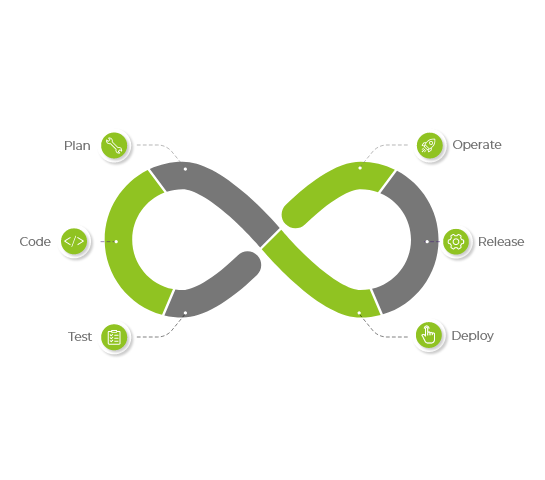
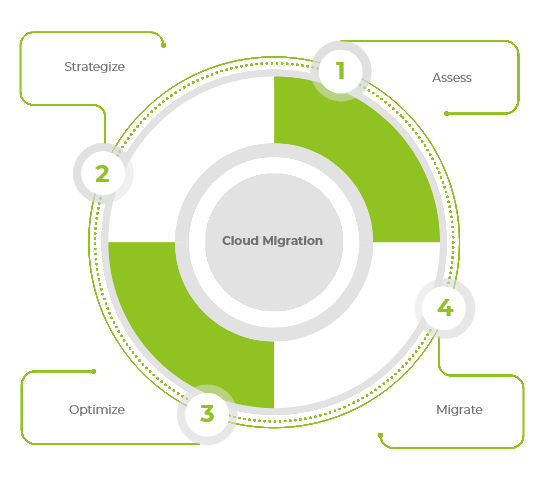
Cloud Migration
A growing number of businesses and organizations view cloud migration as a crucial component of their IT strategy due to less administrative costs, the ability to grow or decrease storage needs at the touch of a button, and observable operational cost savings.
- Increased flexibility and agility.
- Reduction in the demand for resources.
- Deliver quick business outcomes.
- Streamline IT processes.
- Change everything to a service.
- Better control of consumption and reduction of expenses.
- Enhanced efficiency and scalability.
DataOps and MLOps
DataOps is a process-oriented paradigm that data teams utilize to enhance data quality, boost analytics effectiveness, and shorten the data analytics lifecycle. MLOps, on the other hand, combines operations with machines while automating entire machine-learning lifecycle.
- Create the environment and the procedures for managing and storing massive amounts of compiled data by creating automated pipelines.
- Break down data silos and centralize your data so that it is available to all stakeholders.
- Increase both the speed and quality of the data development process.
- Achieve cross-departmental cooperation in order to achieve harmony and speed.
- Achieve automation for all processes in their pipelines.
- MLOps standardize the ML workflows and establish a single language for all stakeholders, whereas DataOps standardize the data pipelines for all stakeholders.
